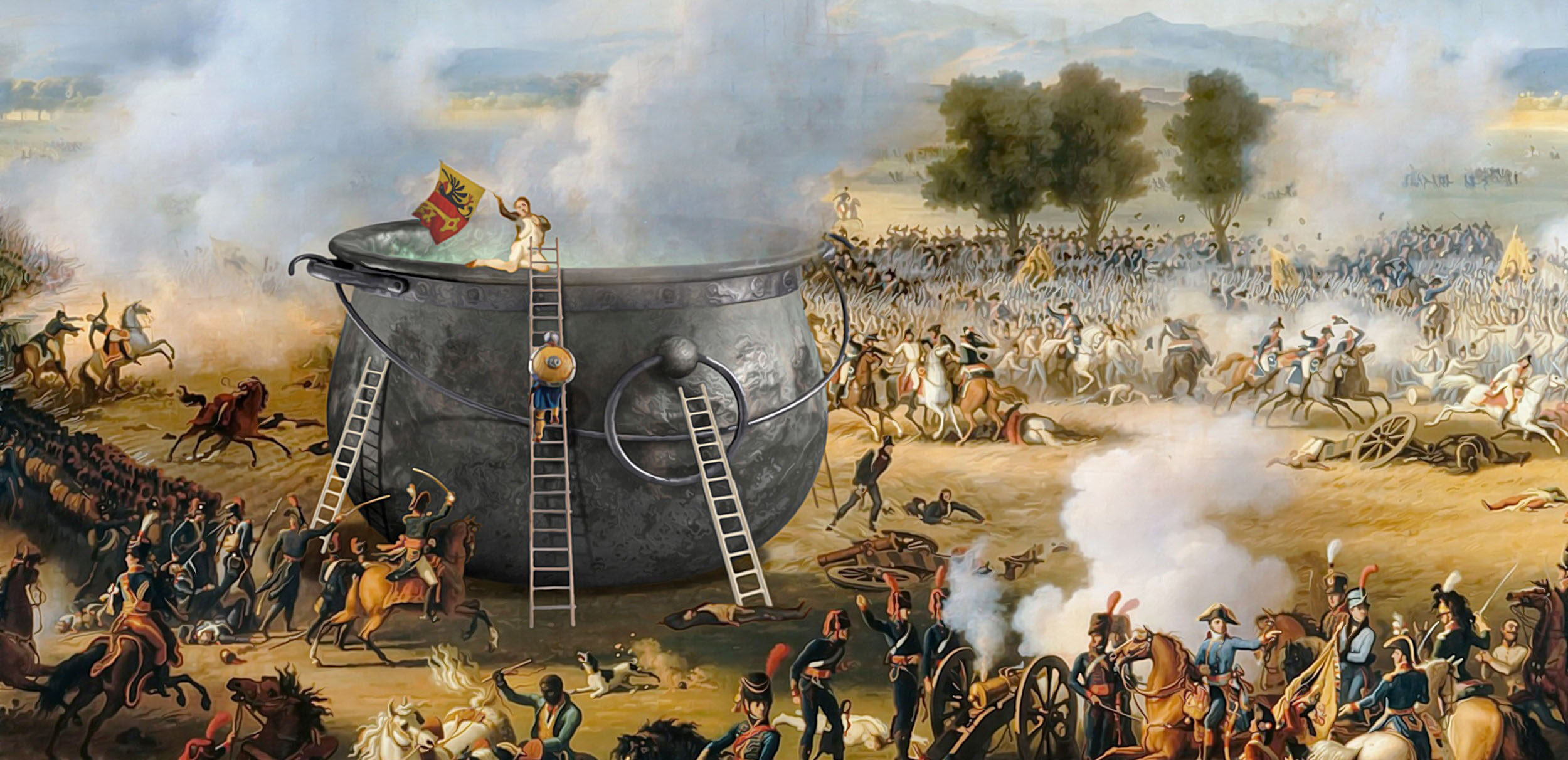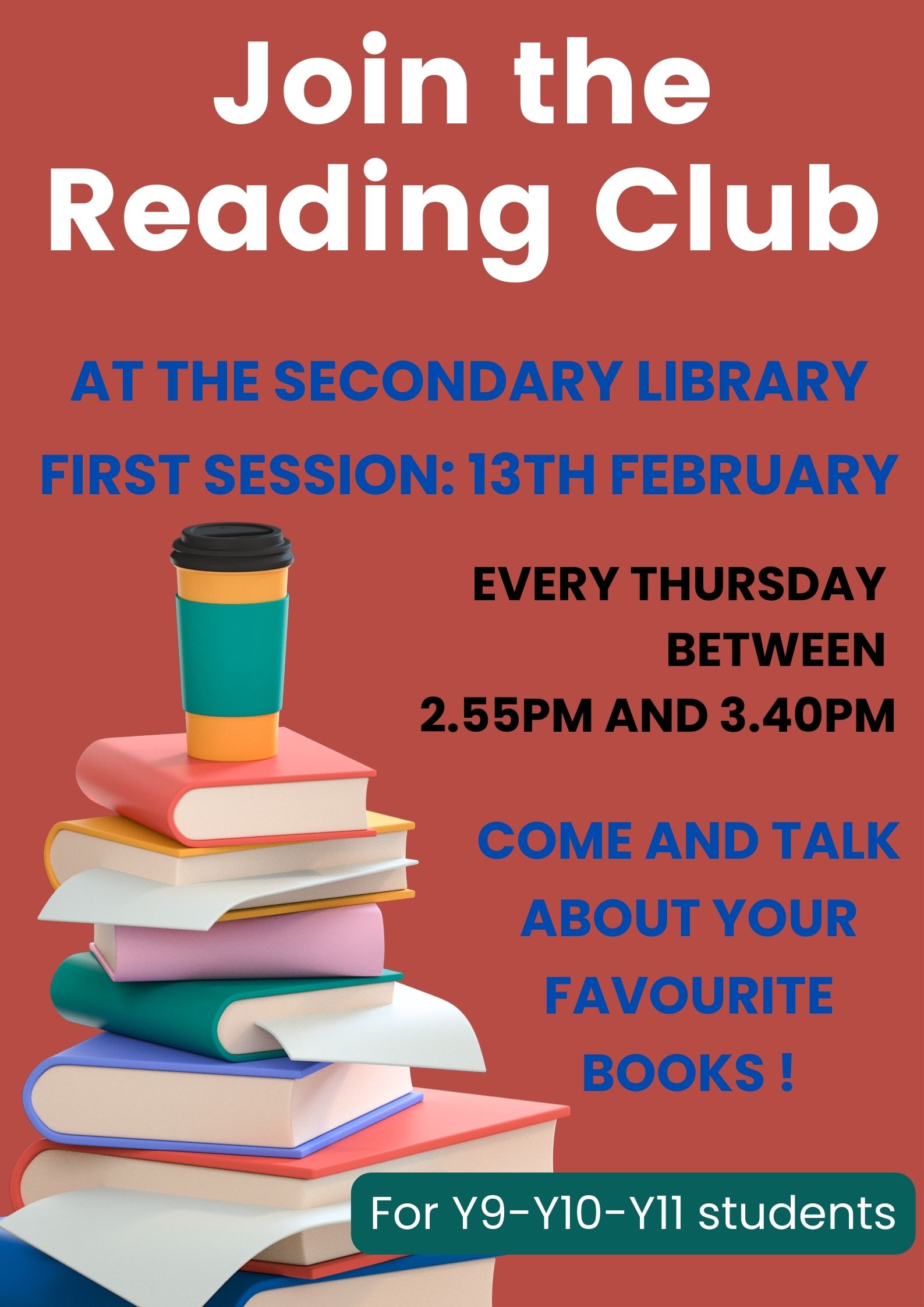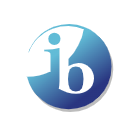By Qingyang Zhang, Year 13
Some say they destroy passion and creativity, some say they are the most effective way of demonstrating knowledge. Regardless of your opinion, exams remain the dominant way of assessing students across the world. With end-of-year exams fast approaching, here are a few tips from a year 13 who has just finished her IB exams. My advice will focus on two main aspects of exam season: revision techniques and exam weeks themselves.
Revision Techniques: These techniques are most effective when used in the long term. If you agree with my justification of their effectiveness, try turning them into learning habits.
The first effective revision technique is active-recall. There are two main types of knowledge assessed in exams: content and skill. Active recall is perfect for content retention, and can also be applied to practise skills. It involves recalling information and spaced repetition. I tend to use Quizlet, but other flashcard apps and physical flashcards work perfectly well. Active recall methods helped me memorise philosophy essay plans as well as concepts in chemistry and physics.
I also used flashcards to prepare for skill-based maths questions. For example, I was not confident I would be able to calculate the distance between a plane and a point under the heat of exams, so I wrote the steps of this approach out on a flashcard and tested myself on it. Although maths is a skill-based subject, there are difficult methodologies that need to be made accessible in your brain-space, ideal to practise by active-recall.
The second major way I study for any exam is doing past papers. They are the closest you can get to real exam papers, so make good use of them! Practising past papers is not all about doing the questions, but also about dealing with mistakes. Letting go of your mistakes during practice means that you will likely make them again during exams. For content-heavy subjects like physics and chemistry, once I got a question wrong, I would identify the key concept lacking and add it into my flashcard set. By integrating active recall and past-paper practice, a feedback system is created, which gradually perfects my understanding of the subject, ensuring long-term mastery.
For skill-based papers that have no set text (like philosophy and English), it can be hard to identify a revision method. The easiest way out is to say “you cannot prepare for it”. While there is no concrete material on which to base revision, I think the best approach is to look at past papers, identify the skill(s) assessed, and create a custom (sometimes unique) revision method. For example, paper 1 in language A literature asks us to do a guided commentary on an unseen passage. I realised that my grasp of the overall message was weak, which affected my score on criterion A (interpretation) and C (structure). I therefore revised by reading a lot of poems, planning a commentary for each one by finding my own point of entry. This improved my sensitivity to the effect created in the passage and the sophistication of my interpretation. Another example is philosophy paper 3, which asks us to engage personally with an unseen text, exploring what it means to “do philosophy”. I went over all the past papers from 2010 and identified repeating themes, preparing 10 pages of examples. While others were caught off-guard by a “weird passage” in the IB exam, I was totally prepared. I welcome debate on whether this method defeats the purpose of these skill-based exams, but for me, grinding means more security.
During Exam Weeks
Exam weeks should be when you get the most sleep and rest after having studied hard before. During stressful times, it is important to get enough sleep (I recommend 8 hours but it can vary from person to person), fresh air, and exercise. These elements contributed to building up a routine, which kept me sane and purposeful.
Finally, enjoy the exams! It is easier said than done, but try to let the nervous excitement help you, especially in papers that are a rush against time. I was intimidated by philosophy paper 2 as I entered the exam halls, but after finishing the exam, I felt ecstatic to have done so well. In hindsight, it was my adrenaline that pushed me beyond what I thought I could produce. Try to distinguish excitement from anxiety, and try to let that excitement, that positive stress, lead your way.
Best of luck!



